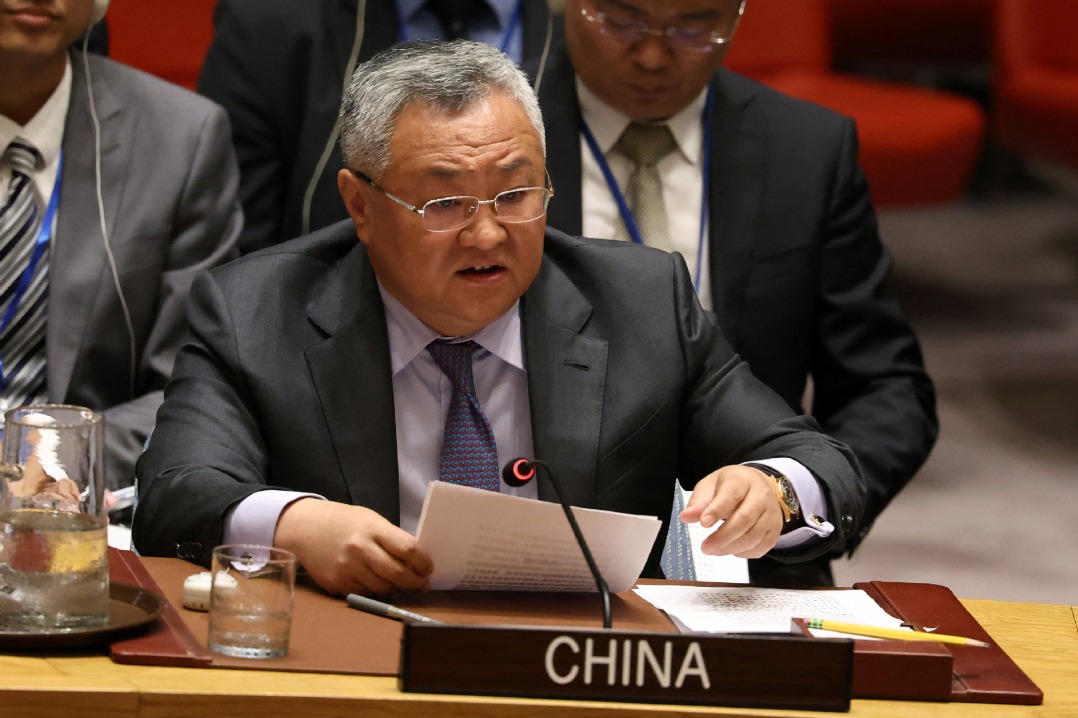China's stand on human rights lauded
Book highlights need for nations to forge their own paths, experts say

China's approach to human rights development offers valuable insights for the Global South and shows the need to tailor human rights practices to a country's local realities, said experts and officials.
They made the remarks at a Readers' Sharing Session of the book Xi Jinping on Respecting and Protecting Human Rights held as part of the Second China-Latin America and Caribbean States Roundtable on Human Rights. The session, held in Sao Paulo, Brazil, on Thursday, saw representatives and experts from China and Latin American countries.
Wang Yanwen, deputy secretary-general of China Society for Human Rights Studies, said Xi Jinping on Respecting and Protecting Human Rights comprehensively and systematically presents China's human rights concepts and propositions, and demonstrates the historical process and great practice of the development of China's human rights cause in the new era.
It opens a "window of thought" for the international community to understand the Communist Party of China and China, she added, highlighting that the book aims to solve the problems of human rights development.
Exchange of experiences
Isis Paris Maia, a scholar at Brazil's Federal University of Rio Grande do Sul, called the exchange of experiences in human rights development not only welcome but also essential and praised China's development-centered human rights approach.
"The Chinese approach considers the rights to subsistence and development as foundational. That means ensuring access to food, housing, education, healthcare, and employment is seen as the first essential step toward human dignity," she said. "In practice, this has meant large investments in communication, transportation, energy, and sanitation infrastructure to eradicate poverty and improve living conditions. "
"In the book Xi Jinping on Respecting and Protecting Human Rights, it becomes clear that respecting and protecting human rights is seen as an imperative, with strong emphasis on economic and social development. China has made significant contributions in this direction by reaffirming South-South cooperation and the shared commitment to public policy collaboration in the field of human rights," she said.
Rodrigo Martin Viva Nieves, an associate professor from the Latin American Faculty of Social Sciences in Uruguay, echoed this view, stating that the book underscores the need for countries to forge their own human rights paths.
It invites reflection on how different cultural and political traditions define and pursue human dignity, he said.
Martin Unzue, director of the Gino Germani Research Institute at the University of Buenos Aires, pointed out that while countries in the Global South, such as those in Latin America, still grapple with developmental deficits, China's progress provides a reference point for human rights advancement.
"China embraces a human rights philosophy that centers on the people and sees the rights to subsistence and development as the primary basic human rights," he said. "Many human rights problems in Latin America are related to the degrading effects of extreme poverty on our societies. A necessary condition for getting out of this situation is achieving economic development and sharing its benefits with everyone."
yangran1@chinadaily.com.cn

































